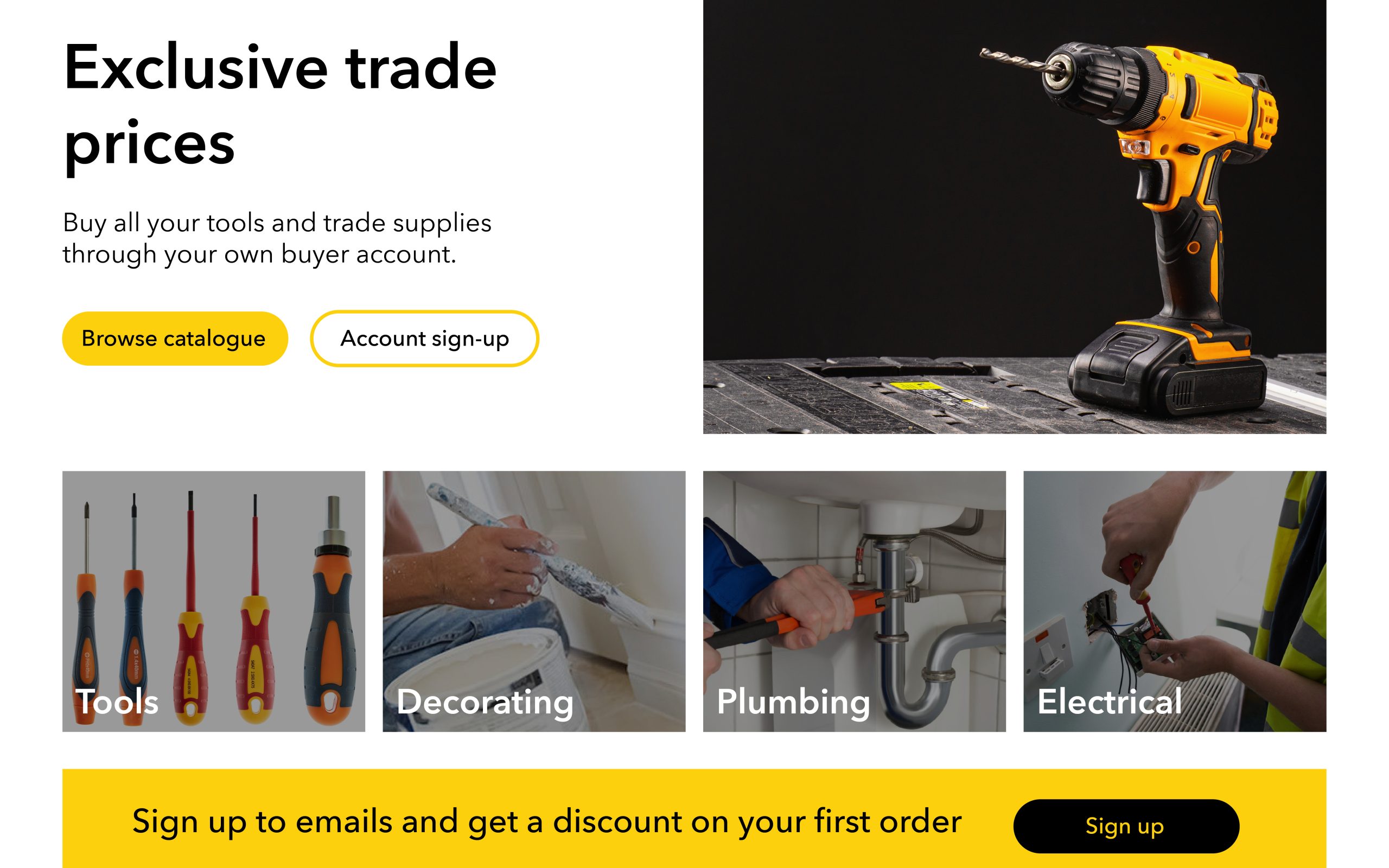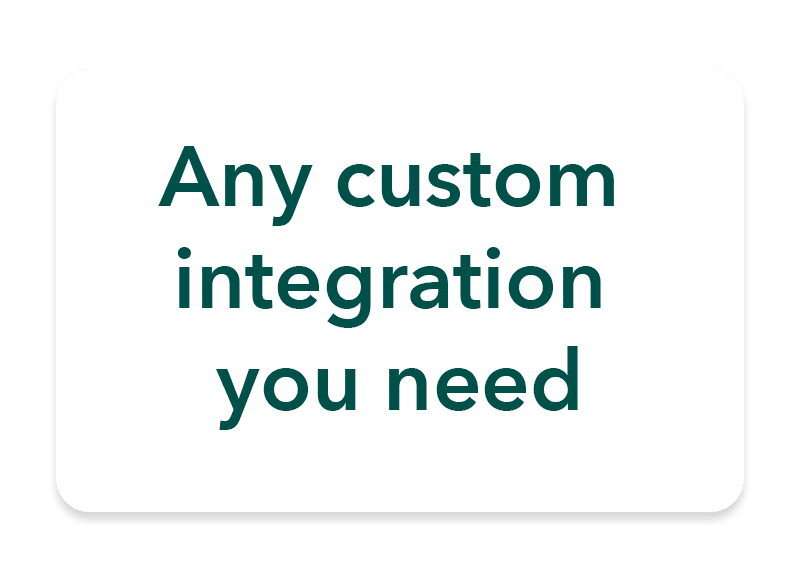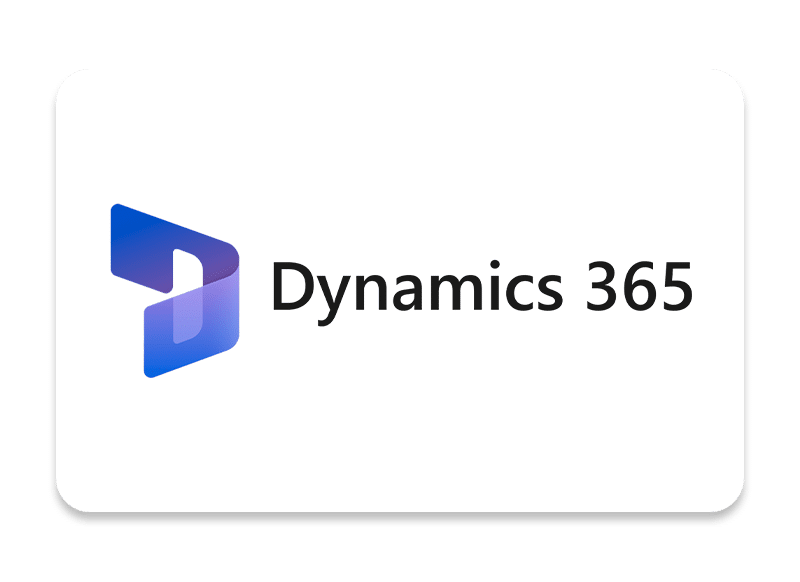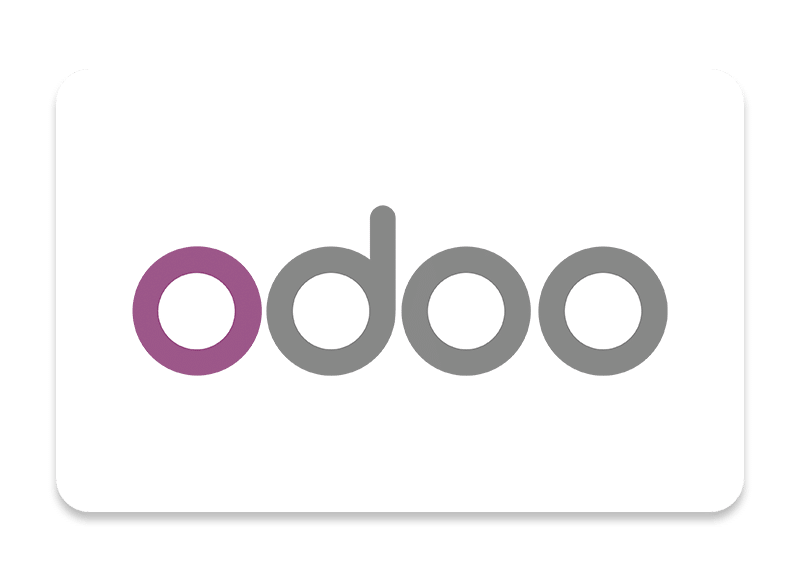Why you need to move to omnichannel
Omnichannel vs multichannel
Understanding the difference between omnichannel and multichannel is vital to ensure seamless customer experiences.
The difference is in how these channels are integrated and how data is shared across systems.

The power of omnichannel
89%
average customer retention rate for businesses with strong omnichannel strategies
3.5x
omnichannel customers purchase 3.5 times more often than multichannel customers
Isolated interactions
What is Multichannel?
Multichannel is the use of several independent channels for customer interaction.
Whether it's your website, physical store, social media, or customer service centre - each one operates separately.
Customers engage with your brand via many platforms, but for multichannel these experiences aren't unified and data isn't shared.


Unified experiences
What is Omnichannel?
Omnichannel takes multichannel further by integrating all customer touchpoint for a unified, seamless experience.
Customer data is carried across all channels, such as in-store visits, online shopping, and customer service calls.
Real-time data allows omnichannel businesses to personalise interactions and make informed decisions.
Data is power
Integration is the key to omnichannel success
At Coretonomy we specialise in integrating platforms to ensure data continuity - connect your systems for a truly seamless customer experience across every channel
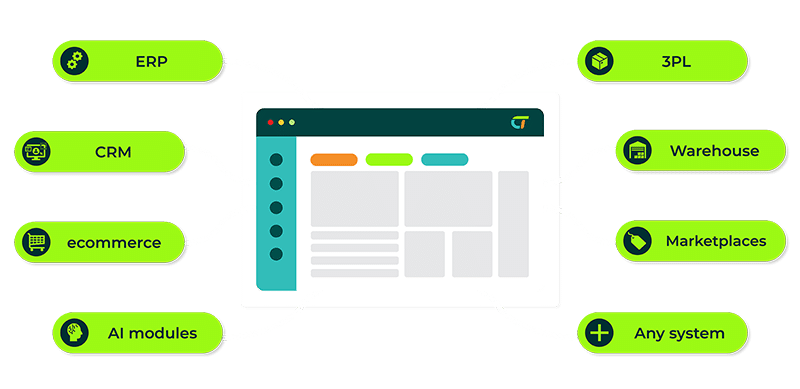
Browse integrations
Unified wholesale experience
Omnichannel for B2B
Our data integration services help B2B companies streamline processes to ensure continuity across ecommerce, sales teams, third party logistics and more.
Streamlined Order Management
Centralise order processing from various channels for seamless handling of all orders in one unified system
Accurate Pricing & Inventory
Real-time synchronisation of product availability and pricing across platforms reduces overstocking and errors
Enhanced Customer Experience
Integrating all system data for better customer communication, tracking, and personalised services
Integrate Shopify and ecommerce platforms for seamless experiences
B2B ecommerce integration for successful omnichannel strategy
Faster order fulfilment
Synchronise order data between Shopify and other ecommerce platforms with your warehouse systems
Smooth order processing
Merge orders from different channels to prevent duplicates and keep your inventory accurate and aligned
Real-time customer data
Consistent, accurate shopper information for personalised services and improved communication across touchpoint

Omnichannel profitability
Seamless integration, maximum profits
Connect your key platforms and operate with greater precision, efficiency, and insight to drive profitability at every level
Inventory Management
Analyse real-time demand and allocate stock more effectively to reduce overstocking and shorten shelf times
Order Processing
Connect sales and fulfilment channels for seamless order flow to reduce delays and minimise errors
Cash Flow Management
Track sales, expenses, and invoices in real-time for accurate cash flow forecasting and liquidity management
Personalise Experiences
Unified customer data for personalising marketing and sales efforts to boost loyalty and repeat purchasing
Data-Driven Decisions
Complete operations visibility for identifying trends, optimising resources, and making informed decisions
Operational Costs
Automated workflows and connected platforms reduce manual requirements, labour costs, and boost productivity
Find out why businesses choose Coretonomy
Coach House, Museums & Galleries, Sea Gems and more chose Coretonomy for wholesale ecommerce integration solutions.






Choose omnichannel,choose integration
We solve the problems other integration providers can't
Give your customers the seamless omnichannel experience they deserve by integrating your platforms and harnessing the true power of your data


